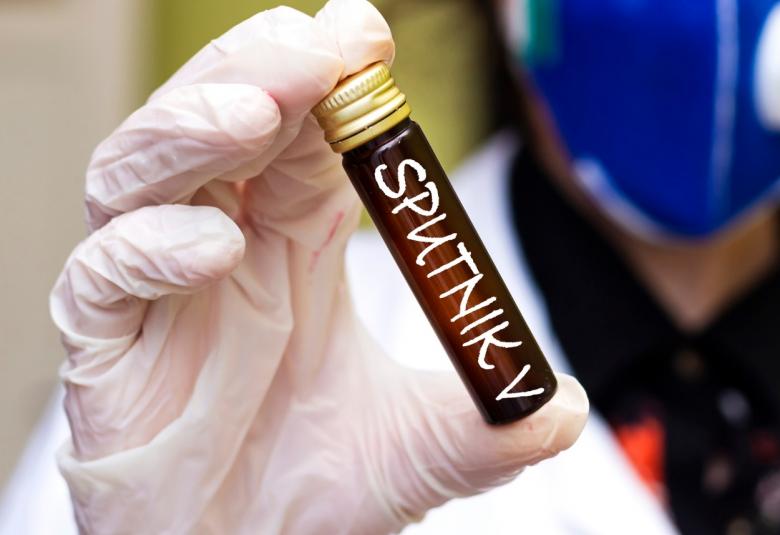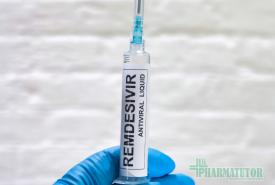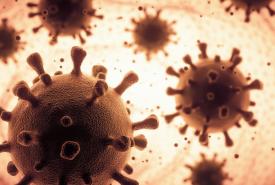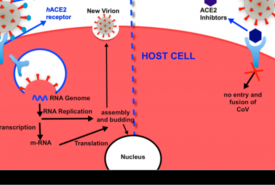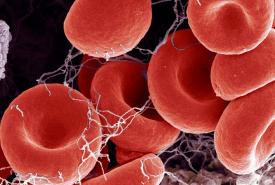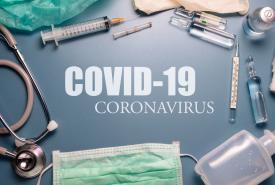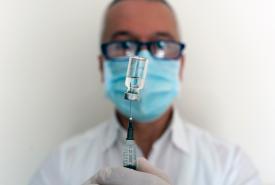Sputnik V got DCGI nod
Drug Controller General of India (DCGI) has approved the use of the Russian Sputnik V vaccine against coronavirus in the country. India has become the 60th country to approve Sputnik V. Sputnik V is one of only three coronavirus vaccines registered by India’s regulatory authorities. Two vaccines - the Serum Institute of India's Covishield and Bharat Biotech's Covaxin - were cleared in January.


